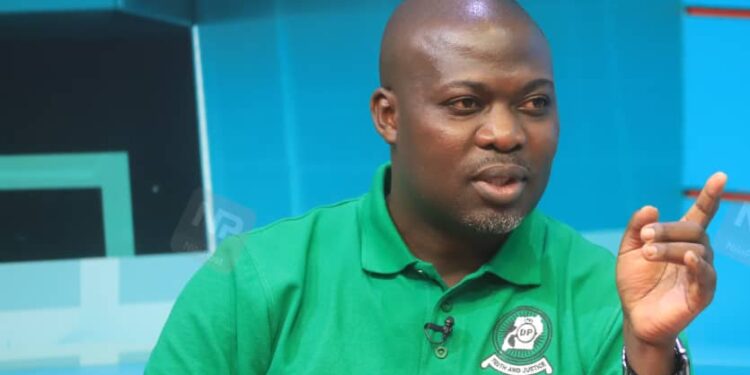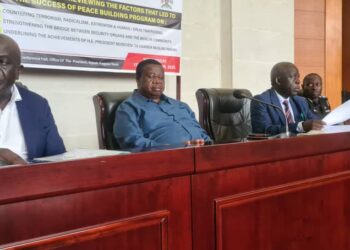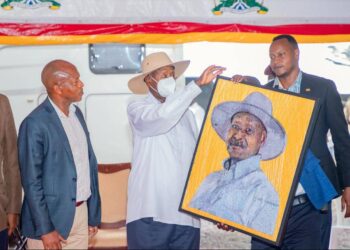In 2014, the Sheet Glass Project in Diimu, Masaka District, promised to transform Uganda’s economy by tapping into vast white sand deposits. Spearheaded by Hon. Richard Sebamala, MP for Bukoto Central, the initiative aimed to produce sheet glass, tiles, and construction materials, leveraging a resource ideal for Uganda’s booming construction sector. Yet, over a decade later, the project remains stalled, costing Uganda billions in potential revenue and leaving Masaka’s youth jobless. What went wrong, what’s at stake, and how can this dream be revived?
The project’s vision was ambitious. Conceived to generate $7 million annually and create 4,000 jobs, it was poised to make Diimu an industrial hub. The white sand, perfect for high-quality glass production, could have reduced Uganda’s reliance on costly imports, lowered construction costs, and boosted exports to regional markets. Local businesses, from shopkeepers to boda-boda riders, stood to thrive, while fishermen near Lake Victoria could have diversified their income. The Ministry of Finance, under Matia Kasaijja, hailed it as a “life-changing venture” for poverty reduction and infrastructure development. President Museveni’s 2016 directive to fast-track exploration with KIMU Investments signaled high-level support, raising hopes for swift progress.
However, bureaucratic inertia, weak technical teams, and a lack of anti-corruption mechanisms derailed the project. Sebamala’s 2021 request to the Uganda Development Corporation to expedite exploration went unanswered. Investors grew frustrated as their concerns were ignored, eroding confidence in Uganda’s ability to execute mega-projects. The absence of robust oversight allowed delays to fester, leaving the initiative in limbo. Today, Diimu’s white sand remains untouched, a stark symbol of Uganda’s struggle with accountability and project implementation.
The stakes are immense. Masaka’s youth, grappling with high unemployment, could have found jobs in exploration, transportation, and factory work. Local poverty levels, already severe, might have dropped significantly. The government is losing substantial tax revenue and export earnings, while Uganda’s construction industry continues to rely on expensive imports. Beyond economics, the project’s failure represents a loss of hope for a community yearning for opportunity. As Sebamala notes, “The people of Masaka deserve better. This project could transform lives, but it’s been left to die.”
Reviving the Sheet Glass Project demands urgent action. First, strong political will is critical. Leaders like Sebamala and aspiring Woman MP Babirye Kabanda must rally support to push past bureaucratic hurdles. Second, transparent management is essential. Establishing a dedicated task force with clear timelines and anti-corruption measures could rebuild investor confidence. Third, technical expertise must be prioritized. Partnering with experienced firms to conduct feasibility studies and manage exploration could address past shortcomings. Finally, community engagement is key. Involving local stakeholders ensures the project aligns with their needs, fostering grassroots support.
Geographically, Diimu’s proximity to Lake Victoria and its strategic location make it ideal for industrial development. The white sand’s potential to produce affordable construction materials could drive growth in Uganda’s urbanizing economy. With proper execution, surplus products could be exported, strengthening Uganda’s regional trade position. Failure to act, however, risks perpetuating poverty in Masaka and squandering a resource that could power economic transformation.
The Sheet Glass Project is more than an industrial venture—it’s a chance to restore dignity and opportunity to Masaka’s people. Leaders must unite, investors must be reassured, and the government must act decisively. If Sebamala’s vision is reignited with robust planning and accountability, Diimu’s white sand could yet spark a brighter future. Without action, Uganda will continue to lose billions, and Masaka’s youth will remain trapped in economic despair.
*Word count: 600*
Do you have a story in your community or an opinion to share with us: Email us at editorial@watchdoguganda.com














